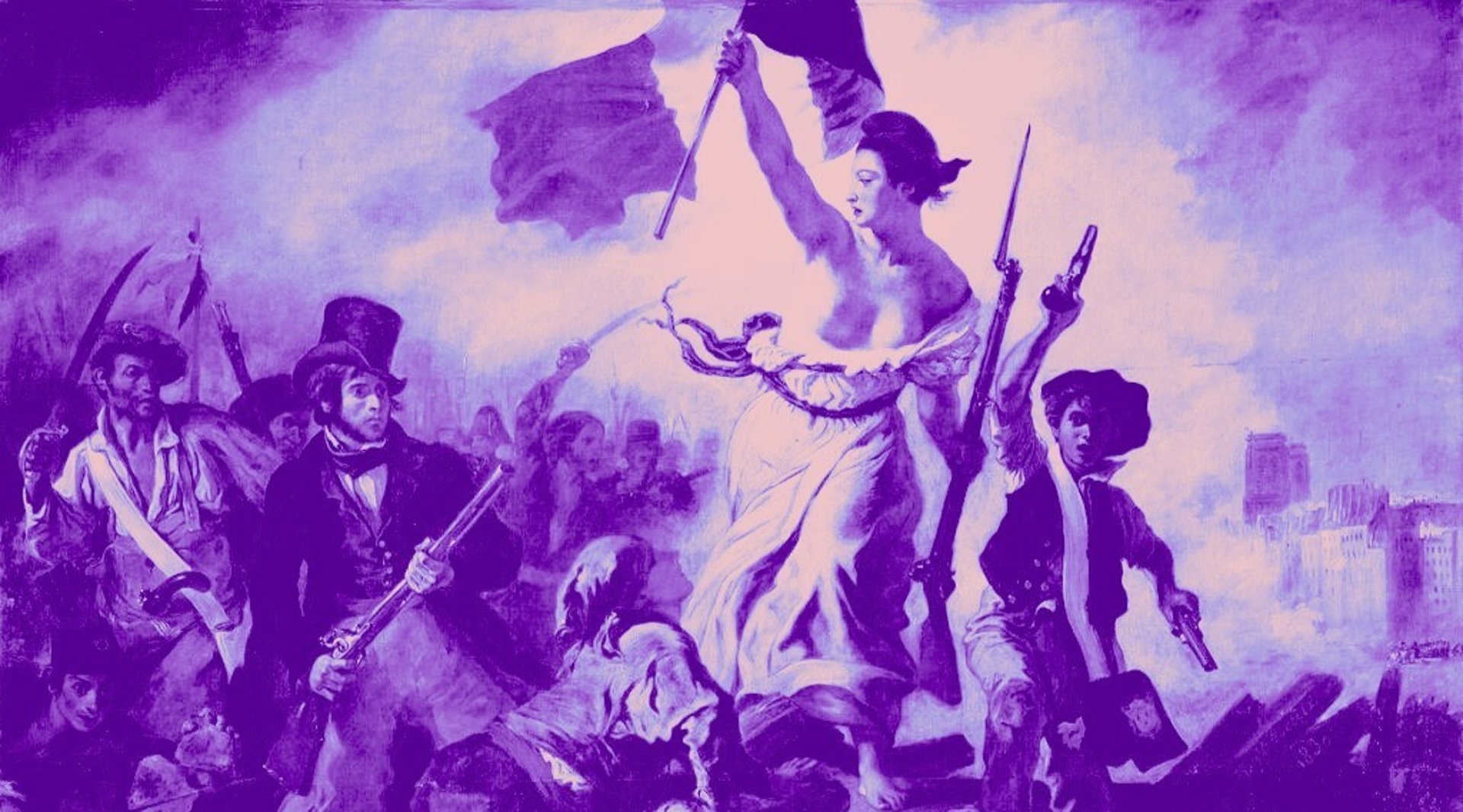
CALL: Veïnfília
Climbing the stairs of my building – something I almost never do, as it’s six floors up to the attic – I pause to observe, for a brief moment so as not to interrupt the constant rhythm of the hard and steep climb, the eleven doors with their respective doormats, before slipping the key into my door and wiping my shoes on my doormat.
I imagine the stories behind the doors that led to the choice of those doormats, and once again, the paradox of Schrödinger's cat crosses my mind: if I don’t have proof of other people’s realities, I’m justified in believing my own version of events.
My perception is my reality, my reality is my truth, irrefutable, at least until the moment I ring each neighbor’s doorbell, asking them to offer me a cup of coffee and tell me their life story.
An unlikely scenario, as improbable as the possibility that the coffee offered to me will be a good one, since I live in Spain – a country known for other qualities.
It’s quite unfortunate that such a scenario is improbable — visiting a neighbor, that is, not the coffee. A little oat milk is all it takes to make it enjoyable (the coffee).
Since my arrival in Barcelona two years ago, I’ve always lived here, in the Barri Gòtic, which, to be honest, it’s neither truly Gothic nor much of a neighborhood; the architectural and urban history of the Ciutat Vella is inextricably linked to the political history of a city that in the last century has undergone such a transformation that it shaped, in the early '90s, the so-called “Barcelona Model.”
However, I’m not here to give you a history, urban planning, or urban sociology lesson, but just to complain – which is far less tiring and more satisfying.
“No és turismefòbia, és veïnfília” (It’s not tourismphobia, it’s neighborphilia) now appears written on walls and banners hanging from balconies.
I live among the guiris, that is, the tourists who crowd Las Ramblas and fuel Catalan tourismphobia (or neighborphilia). The more or less widely accepted definition of the word guiri I found on the internet is the following: “a person with predominantly Northern European features, whose pale white skin turns as red as a lobster when exposed to the sun on the beautiful Spanish beaches.” The point is that today, guiris are not just white, not just rich, not just the ones going to the beach to bake in the UV rays: we are all guiris.
The capitalist consumer society makes us all undesired guests, without us even realizing it: in recent years, have you taken a weekend trip to some random city with a low-cost Ryanair flight, slept in an apartment found on Airb&b for cheap, frantically ticked off a list of must-see places, and queued up to eat at a restaurant just because you read about it in the first online guide that popped up when you Googled “Things to do in two days in…”? Congratulations, you’ve earned the gold medal!
Never done any of that? Congratulations, you’ve still won a bronze medal. Why? Because there hasn’t been any truly sustainable tourism for quite some time.
To make it sustainable, it would first have to stop being called tourism.